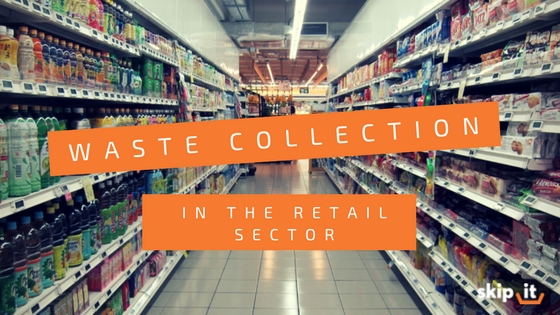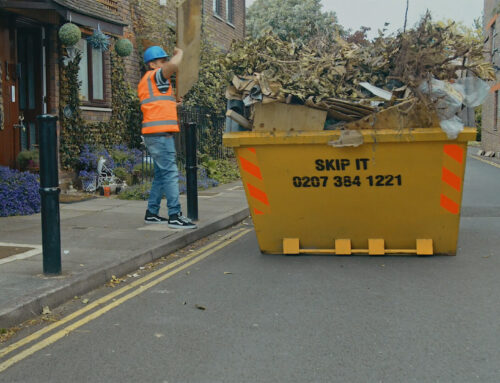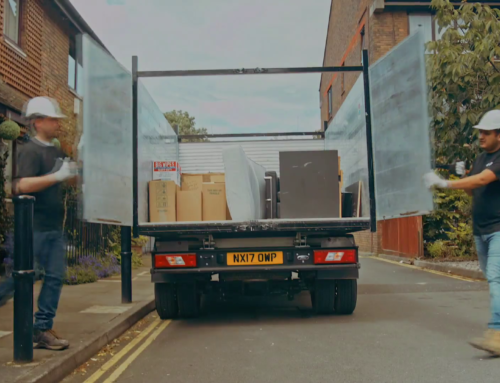The government’s recent proposals to reform waste collection have been the subject of intense discussion over the last few weeks. As well as creating optimistic recycling targets, they’ve also promised to consult on additional proposals like a ‘single use plastics’ charge, and a ‘plastic bottle deposit return scheme’.
You’d be forgiven for assuming that the retail industry is less than enthusiastic about such proposals. But surprisingly, recent comments made by the BRC (British Retail Consortium) show encouraging signs that the industry acknowledges the problems, is engaging in constructive debate and is willing to accept new proposals if necessary. Here’s what they said.
Who are the BRC?
The BRC is a trade association that represents a whole range of retail businesses, from small SMEs to large-scale nationwide chains. They often act as a good reference point for what the overall retail industry are thinking.
What do they say about the government’s proposals?
Perhaps the most intriguing thing to note from the BRC’s spokesperson’s proposals is how constructive and engaging the comments were. Far from resisting any and all calls to regulate the retail sector, the Director of Food Policy, Andrew Opie says the industry “welcomes this strategic and long-term focus” from the government.
On particular issues, we can learn a lot from the industry’s response. The BRC supports the government’s proposals to extend the plastic bag charge to all retailers, for example. This is undoubtedly a good idea if you ask us, since the plastic bag charge has reduced plastic bag usage by over 80 per cent in the UK.
Single-use plastics in supermarkets are an issue that recently gained considerable coverage. The BRC shows encouraging signs that the industry is acknowledging the problem, but also raises some valid concerns. Packaging plays an important role in the preservation of many foods, it says, and thus in reducing food waste.
For this reason, the BRC backs a more nuanced approach to reducing plastic waste than simply placing a blanket tax on the consumer. They support a reform of the current system which would identify clear and specific outcomes rather than simply placing a blanket charge on plastic usage.
What can we learn from these comments?
The BRC’s comments about a plastic tax certainly have merit. Simply placing a levy on plastics without taking into account the reasons they are used and providing sustainable alternatives is unlikely to have any significant impact.
Moving to a circular economy is more important and sustainable than implementing band aid fixes in the meantime. There’s only so much impact the government can have in people’s individual lives by levying taxes. To truly reform, we need a new self-sustaining system of waste management that treats waste like an asset, rather than something to be ‘dealt with’.
Waste clearance services
But until then, we need to carry on ‘dealing with’ waste in the most sustainable way possible. If you want to make sure your skip hire, house clearance services or business waste collection services are managed in the most constructive, responsible and sustainable ways – give Skip It a call.










Leave A Comment